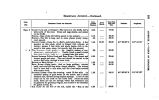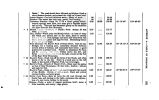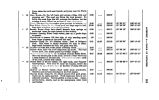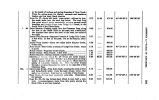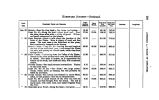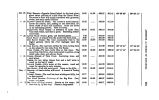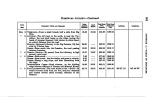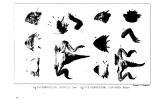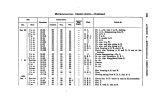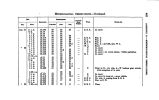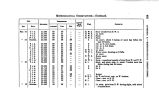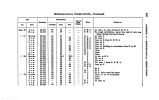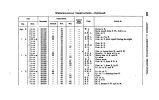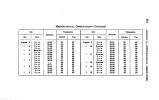| OCR Text |
Show 184 BEIGHAM YOUNG- TREATMENT OF EMIGRANTS. that to me, President Young appeared to be a man of clear, sound sense, fully alive to the responsibilities of the station he occupies, sincerely devoted to the good name and interests of the people over which he presides, sensitively jealous of the least attempt to undervalue or misrepresent them, and indefatigable in devising ways and means for their moral, mental, and physical elevation. He appeared to possess the unlimited personal and official confidence of his people; while both he and his two counsellors, forming the presidency of the church, seemed to have but one object in view, the prosperity and peace of the society over which they presided. In their dealings with the crowds of emigrants that passed through their city, the Mormons were ever fair and upright, taking no advantage of the necessitous condition of many, if not most of them. They sold them such provisions as they could spare, at moderate prices, and such as they themselves paid in their dealings with each other. In the whole of our intercourse with them, which lasted rather more than a year, I cannot refer to a single instance of fraud or extortion to which any of the party was subjected ; and I strongly incline to the opinion that the charges that have been preferred against them in this respect, arose either from interested misrepresentation or erroneous information. I certainly never experienced any thing like it in my own case, nor did I witness or hear of any instance of it in the case of others, while I resided among them. Too many that passed through their settlement were disposed to disregard their claim to the land they occupied, to ridicule the municipal regulations of their city, and to trespass wantonly upon their rights. Such offenders were promptly arrested by the authorities, made to pay a severe fine, and in some instances were imprisoned or made to labour on the public works; a punishment richly merited, and which would have been inflicted upon them in any civilized community. In short, these people presented the appearance of a quiet, orderly, industrious, and well- organized society, as much so as one would meet with in any city of the Union, having the rights of personal property as perfectly defined and as religiously respected as with ourselves; nothing being farther from their faith or practice than the spirit of communism, which has been most erroneously supposed to prevail among them. The main peculiarity of the people consists in their religious tenets, the form and extent of their church govern- |
































































































































































































































































































































































